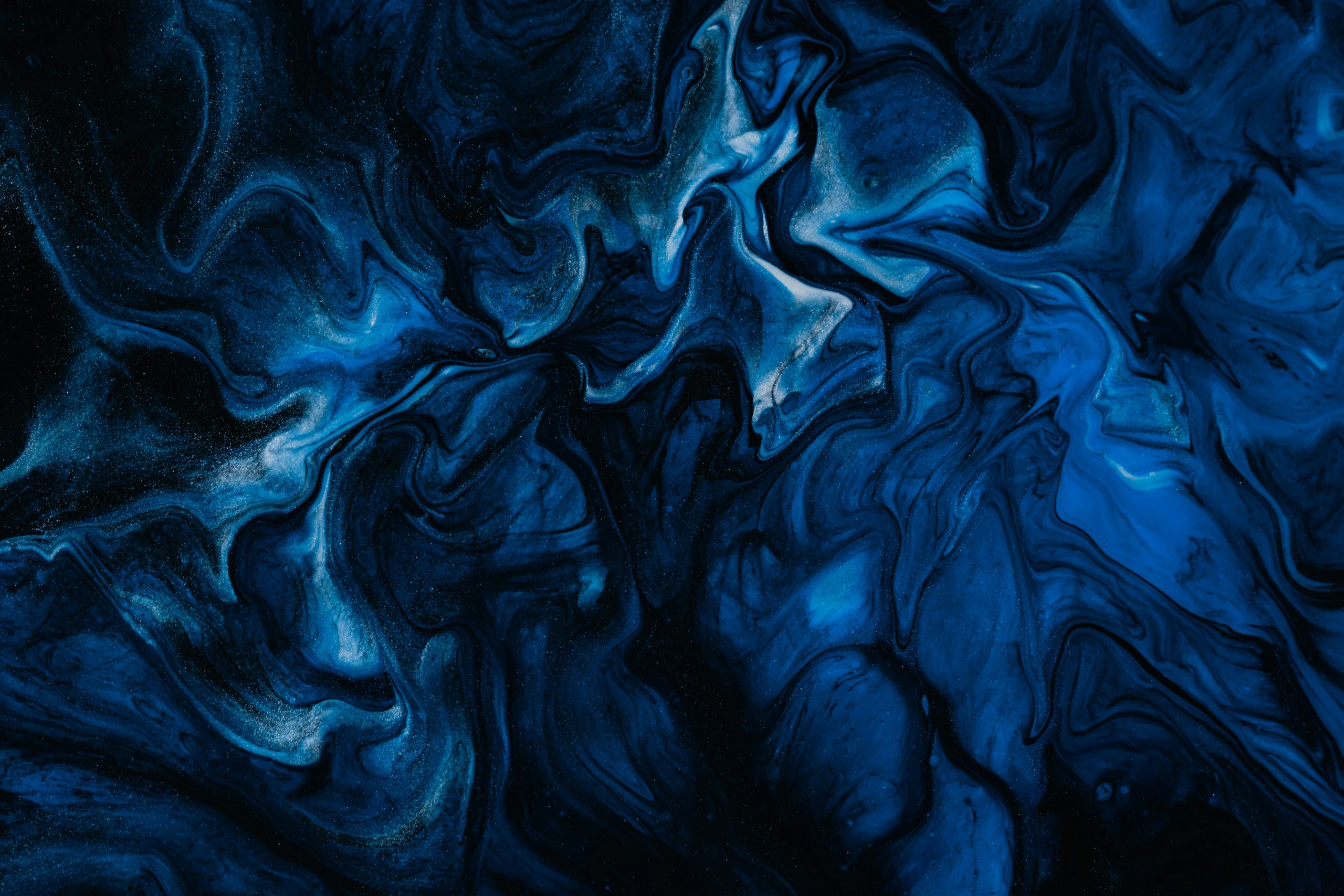Edda: The Source of Norse Mythological Knowledge

Before diving in, please note: This post is for informational purposes only. If you’d like to know more about how we approach topics, feel free to check out our friendly Disclaimer Page.
Hey there, amazing readers! 🖐️ Just a quick note: yes, we know there are a lot of ads here. Trust us, we get it—it’s not the prettiest look, but they help us keep this blog alive and kicking. Those pesky little ads cover the costs of all the behind-the-scenes magic, from hosting and tech stuff to creating content we hope you’ll love.
We’re committed to delivering quality posts, and your support (even just sticking around despite the ads) means everything to us. So, bear with us, and thanks for helping us keep the good vibes rolling. Now, on to the fun stuff! 😉
TRANSLATE BUTTON AT THE END OF THE ARTICLE
A Quick Overview
Edda, a comprehensive compilation of Norse mythology, is the ultimate source of knowledge when it comes to understanding the ancient Norse beliefs, cosmology, and heroic tales.
Divided into two versions, Prose Edda and Poetic Edda, this ancient manuscript offers a profound insight into the world of Norse gods, goddesses, heroes, and their adventures.
Compiled by Snorri Sturluson, a 13th-century Icelandic scholar, Edda has influenced not only the literature and culture of its own time but also continues to inspire contemporary works to this day.
In this article, we will delve into the origins, contents, key themes, and characters of Edda, as well as its impact on the wider cultural landscape.
Edda: Unveiling Ancient Norse Mythology
Edda serves as a gateway to the captivating world of Norse mythology.
Norse mythology, originating from Scandinavia, encompasses a complex web of legends and religious beliefs.
Edda, through its various tales and poems, presents a comprehensive overview of the gods, goddesses, heroes, and their interactions.
It sheds light on the creation of the world, the various realms within it, and the ultimate fate of gods and humans alike.
By exploring the narratives within Edda, readers gain a deeper understanding of the Norse worldview and the moral values upheld by its people.
Exploring the Two Versions of Edda
Edda consists of two distinct versions, each offering a unique perspective on Norse mythology.
The first version, known as the Prose Edda or the Younger Edda, is a collection of prose writings by Snorri Sturluson.
It includes various tales about the gods, creation, and the end of the world, providing detailed explanations and interpretations.
The second version, the Poetic Edda or the Elder Edda, comprises a collection of ancient poems, believed to have been preserved through oral tradition.
These poems offer a more poetic and lyrical exploration of the mythology, often leaving space for interpretation and individual imagination.
The Prose Edda: A Treasure Trove of Norse Tales
The Prose Edda, attributed to Snorri Sturluson, is a treasure trove of Norse mythology.
It begins with Gylfaginning, the “Deluding of Gylfi,” where King Gylfi enters Asgard, the realm of gods, and engages in dialogues with the deity figures.
This section provides detailed accounts of the creation of the world, the pantheon of gods, and their interactions with humans.
It also introduces the concept of Ragnarok, the apocalyptic end of the world.
The second part of the Prose Edda, Skáldskaparmál, focuses on the art of poetry, providing examples, explanations, and mythical stories as a source of inspiration for poets and skalds.
The Poetic Edda: A Collection of Ancient Norse Poetry
The Poetic Edda, also known as the Elder Edda, is a collection of ancient Norse poems that capture the essence of Norse mythology.
It comprises a wide range of poems, including mythological narratives, heroic legends, and celebratory verses.
The poems within the Poetic Edda were likely composed by various poets over several centuries, and their origins can be traced back to pre-Christian times.
These poems offer a more intimate and raw glimpse into the world of Norse mythology, allowing readers to immerse themselves in the vivid imagery, rich symbolism, and emotional depth of the ancient tales.
Snorri Sturluson: The Compiler of Edda
Snorri Sturluson, an Icelandic scholar and historian, is credited with compiling Edda in the 13th century.
Born into an influential Icelandic family, Snorri Sturluson demonstrated a keen interest in literature and history from an early age.
His works, including Edda, aimed to preserve and document the oral traditions of Norse mythology, which were at risk of being lost with the spread of Christianity.
Snorri’s contributions to Edda, as well as his other works, have solidified his position as a key figure in the preservation of Norse culture and mythology for future generations.
Key Themes and Characters in Edda
Edda is replete with various key themes and characters that form the foundation of Norse mythology.
The gods and goddesses, such as Odin, Thor, Freya, and Loki, represent different aspects of the natural and celestial world.
Their interactions, conflicts, and alliances shape the narratives within Edda, highlighting the complex relationships between gods and humans.
Themes of fate, honor, heroism, and the cyclical nature of life and death are also prevalent throughout the tales.
Explore the Path to Spirituality and Enlightenment – Start Here.
Additionally, Edda explores the supernatural realms of Asgard, Midgard, and Niflheim, providing a comprehensive understanding of the Norse cosmology.
Analyzing the Creation and End of the World in Edda
Edda offers detailed accounts of the creation and ultimate destruction of the world, known as Ragnarok.
According to Norse mythology, the world was created from the body of the slain giant Ymir by Odin and his brothers.
The gods established order and balance, shaping the cosmos as we know it.
However, Edda foretells the impending Ragnarok, a cataclysmic event where the gods, giants, and other mythical creatures engage in a final battle, resulting in the destruction of the world.
This cyclical nature of creation and destruction reflects the Norse belief in the inevitability of change and renewal.
Gods, Goddesses, and Heroes of Norse Mythology
Edda introduces readers to a vast array of gods, goddesses, and heroes that populate Norse mythology.
Odin, the Allfather, is the wise and powerful ruler of the gods, associated with knowledge, wisdom, and war.
Thor, the thunder god, embodies strength and protection.
Freya, the goddess of love and fertility, represents beauty and desire.
Loki, the mischievous trickster, stands as a complex figure, often causing chaos and strife among the gods.
These deities, alongside numerous other characters, both divine and mortal, shape the narratives of Edda, offering readers a glimpse into the rich tapestry of Norse mythology.
Edda’s Influence on Contemporary Culture and Literature
Edda’s influence extends far beyond its original context, permeating contemporary culture and literature.
From J.R.R Tolkien’s “The Lord of the Rings” to Neil Gaiman’s “American Gods,” echoes of Norse mythology and characters from Edda can be found in various modern works.
Edda’s themes of heroism, fate, and the cyclical nature of life have resonated with audiences worldwide, inspiring countless adaptations in literature, film, and art.
By drawing upon the rich tapestry of Norse mythology, these contemporary works pay homage to Edda and continue to keep its unique stories alive in the collective imagination.
Preserving Edda: Importance and Challenges
Preserving Edda is of utmost importance to ensure the continuity of Norse mythology and its cultural legacy.
Edda serves as a primary source for understanding the ancient Norse worldview and is essential in studying the history, literature, and religious beliefs of the time.
However, the preservation of Edda poses significant challenges.
The original manuscript of Edda was written in Old Norse, making it inaccessible to many contemporary readers.
Furthermore, the passage of time has led to the loss or alteration of certain parts of the text.
Therefore, ongoing efforts by scholars, translators, and enthusiasts are crucial in translating, interpreting, and disseminating the content of Edda to a wider audience, ensuring the enduring legacy of Norse mythology.
Conclusion
Edda, the comprehensive compilation of Norse mythology, remains a vital source of knowledge and inspiration in understanding the ancient Norse world.
With its two versions, the Prose Edda and the Poetic Edda, Edda offers a wide range of tales, poems, and myths that delve into the lives of gods, goddesses, heroes, and their adventures.
Snorri Sturluson’s meticulous compilation ensures that the ancient Norse beliefs, cosmology, and cultural heritage are preserved for future generations.
From its timeless themes and characters to its enduring influence on contemporary culture and literature, Edda continues to captivate and fascinate audiences, shedding light on a rich and vibrant mythology that has left an indelible mark on human history.

The Enlightenment Journey is a remarkable collection of writings authored by a distinguished group of experts in the fields of spirituality, new age, and esoteric knowledge.
This anthology features a diverse assembly of well-experienced authors who bring their profound insights and credible perspectives to the forefront.
Each contributor possesses a wealth of knowledge and wisdom, making them authorities in their respective domains.
Together, they offer readers a transformative journey into the realms of spiritual growth, self-discovery, and esoteric enlightenment.
The Enlightenment Journey is a testament to the collective expertise of these luminaries, providing readers with a rich tapestry of ideas and information to illuminate their spiritual path.
Our Diverse Expertise 🌟
While our primary focus is on spirituality and esotericism, we are equally passionate about exploring a wide range of other topics and niches 🌍📚. Our experienced team is dedicated to delivering high-quality, informative content across various subjects ✨.
To ensure we provide the most accurate and valuable insights, we collaborate with trusted experts in their respective domains 🧑🏫👩🏫. This allows us to offer well-rounded perspectives and knowledge to our readers.
Our blog originally focused on spirituality and metaphysics, but we’ve since expanded to cover a wide range of niches. Don’t worry—we continue to publish a lot of articles on spirituality! Frequently visit our blog to explore our diverse content and stay tuned for more insightful reads.









